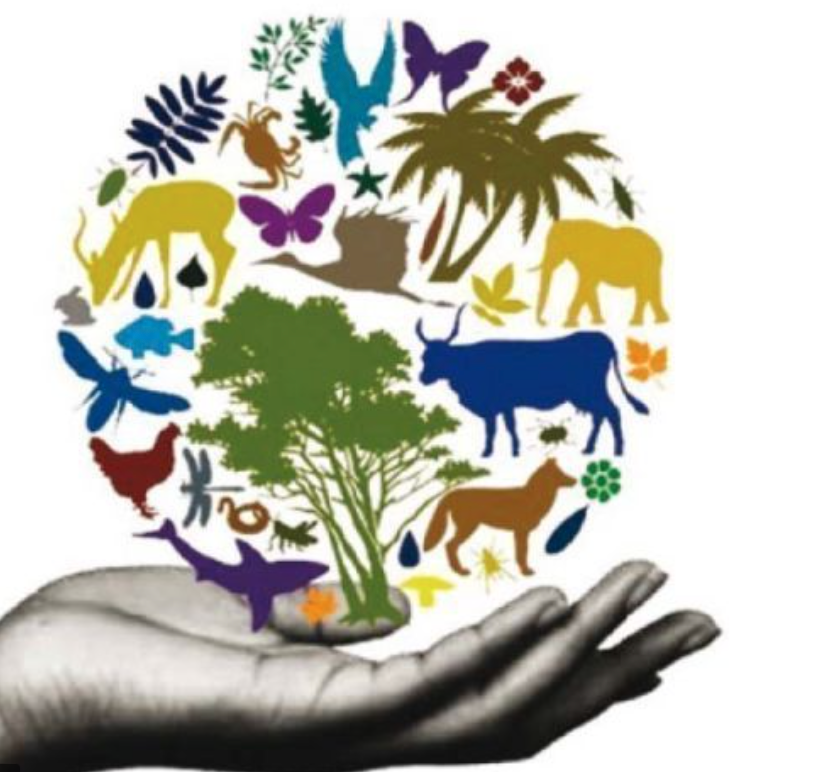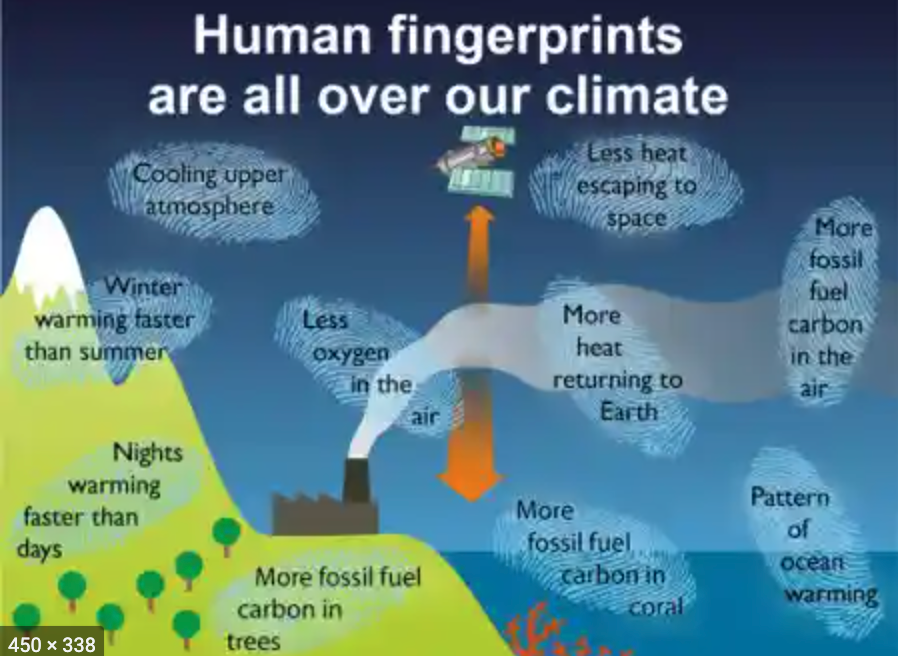 Any response to climate change that fails to take into account the loss of biodiversity is fatally flawed, according to a report released last week by a team of international scientists. The report represents the findings of a “four-day virtual workshop to examine the synergies and trade-offs between biodiversity protection and climate change mitigation and adaptation.”
Any response to climate change that fails to take into account the loss of biodiversity is fatally flawed, according to a report released last week by a team of international scientists. The report represents the findings of a “four-day virtual workshop to examine the synergies and trade-offs between biodiversity protection and climate change mitigation and adaptation.”
Traditionally, the study of climate change and biodiversity loss has been bifurcated, with one group studying global warming and the other focusing on the collapse of ecosystems and habitat loss. While operating independently, they were overlooking the fact that they were both connected by one key issue: carbon.
The same element that makes up heat-trapping carbon dioxide, methane and soot is also a fundamental building block of the natural world. It helps form the very tissue of plants and animals on earth. It’s stored in forests, wetlands, grasslands and on the ocean floor. In fact, land and water ecosystems are already stashing away half of human-generated emissions.
Another connection between climate and biodiversity: People have created emergencies on both fronts by using the planet’s resources in unsustainable ways.
From a press release issued to accompany the release of the report:
Unprecedented changes in climate and biodiversity, driven by human activities, have combined and increasingly threaten nature, human lives, livelihoods and well-being around the world. Biodiversity loss and climate change are both driven by human economic activities and mutually reinforce each other. Neither will be successfully resolved unless both are tackled together. This is the message of a workshop report, published today by 50 of the world’s leading biodiversity and climate experts.
 “Human-caused climate change is increasingly threatening nature and its contributions to people, including its ability to help mitigate climate change. The warmer the world gets, the less food, drinking water and other key contributions nature can make to our lives, in many regions” said Prof. Hans-Otto Pörtner, co-chair of the Scientific Steering Committee.“Changes in biodiversity, in turn, affect climate, especially through impacts on nitrogen,carbon, and water cycles,” he said.
“Human-caused climate change is increasingly threatening nature and its contributions to people, including its ability to help mitigate climate change. The warmer the world gets, the less food, drinking water and other key contributions nature can make to our lives, in many regions” said Prof. Hans-Otto Pörtner, co-chair of the Scientific Steering Committee.“Changes in biodiversity, in turn, affect climate, especially through impacts on nitrogen,carbon, and water cycles,” he said.
“The evidence is clear: a sustainable global future for people and nature is still achievable, but it requires transformative change with rapid and far-reaching actions of a type never before attempted, building on ambitious emissions reductions. Solving some of the strong and apparently unavoidable trade-offs between climate and biodiversity will entail a profound collective shift of individual and shared values concerning nature – such as moving away from the conception of economic progress based solely on GDP growth, to one that balances human development with multiple values of nature for a good quality of life, while not overshooting biophysical and social limits.”
